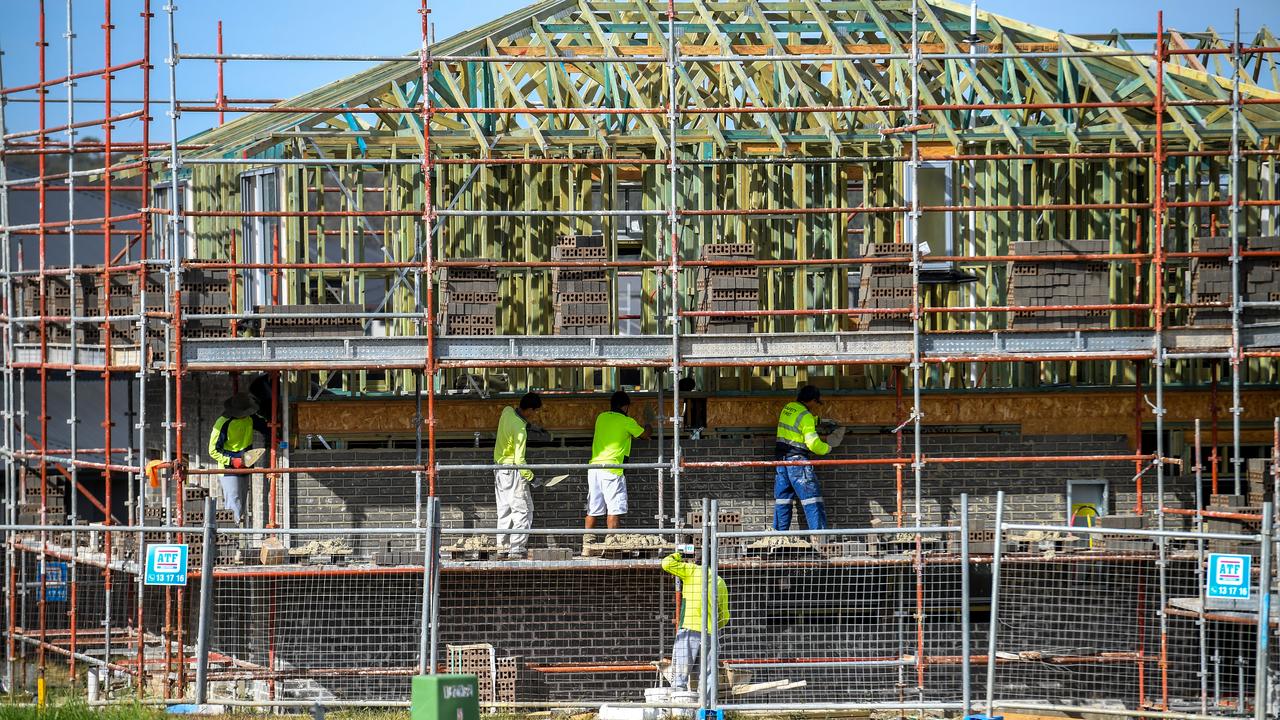
Supporting “national priorities” will become a guiding principle of Australia’s $230 billion sovereign wealth fund under a new mandate that includes boosting housing supply and accelerating the clean energy transition.
The proposed change is one of the biggest shake-ups to the fund’s investment mandates since its establishment in 2006.
But the government insists maximising its financial returns will remain the fund’s primary objective.
“This will mean more investment where we need it most but not at the expense of returns,” Finance Minister Katy Gallagher and Treasurer Jim Chalmers said in a statement.
“The new investment mandate will require the fund to consider Australia’s national priorities in its investment decisions, where possible, appropriate and consistent with strong returns.”

The fund will stick with its existing benchmark return rate of the consumer price index plus four to five per cent per annum over the long term.
There will be no change to the expected risk profile.
As well as the energy transition and housing supply, locally-based infrastructure was similarly flagged as a priority.
The sovereign wealth fund will also become an ongoing feature of Australia’s economy under the federal government’s revamp.
Drawdowns from the fund will be deferred until at least 2032/33.
Earlier in the year, former climate change minister and previous Net Zero Economy Agency boss Greg Combet was picked to replace former Future Fund chairman and founder Peter Costello.
Mr Combet welcomed Thursday’s announcement.
“The announcements by the government mean that the Future Fund will be in place for years to come,” he said.

“This is a great outcome for all Australians.”
Mr Combet said the decision to defer withdrawals would allow the fund to provide more focus and resources to the areas of national priority identified in the new investment mandate.
The fund already invested in the priority areas, he said, such as new capacity delivered by Tilt Renewables, one of the largest operators and developers of green energy infrastructure in the country.
The Future Fund oversees six other wealth funds, including a $22.3 billion medical research fund, a $4.4 billion disaster ready fund and a $16.9 billion disability care fund.
It also oversees the $10 billion Housing Australia Future Fund, which was set up by the Labor government in 2023 to deal with housing supply.
Its portfolio has grown steadily since its inception and is expected to hit $380 billion by the early 2030s.

Deputy Opposition Leader Sussan Ley said the Future Fund was doing a good job and should be left alone.
“Raiding the Future Fund for Labor’s pet projects should not happen,” she told reporters.
“The best way for the Future Fund to maximise its return for all Australians is for it to be left alone, to get on with the job, not to have the investment mandate, that actually is producing those strong returns now, changed by this economically illiterate treasurer.”
Greens Senator Barbara Pocock advocated going even further by preventing the Future Fund investing in specific undesirable sectors, such as fossil fuels.
“Fossil fuels are the tobacco of today and years ago the Future Fund made the decision not to invest in tobacco,” she said.
“They need to make the same decision now and cut their investments in fossil fuels and grow them in the investments that will transition our economy to a safe future for our children.”
This post was originally published on Michael West.